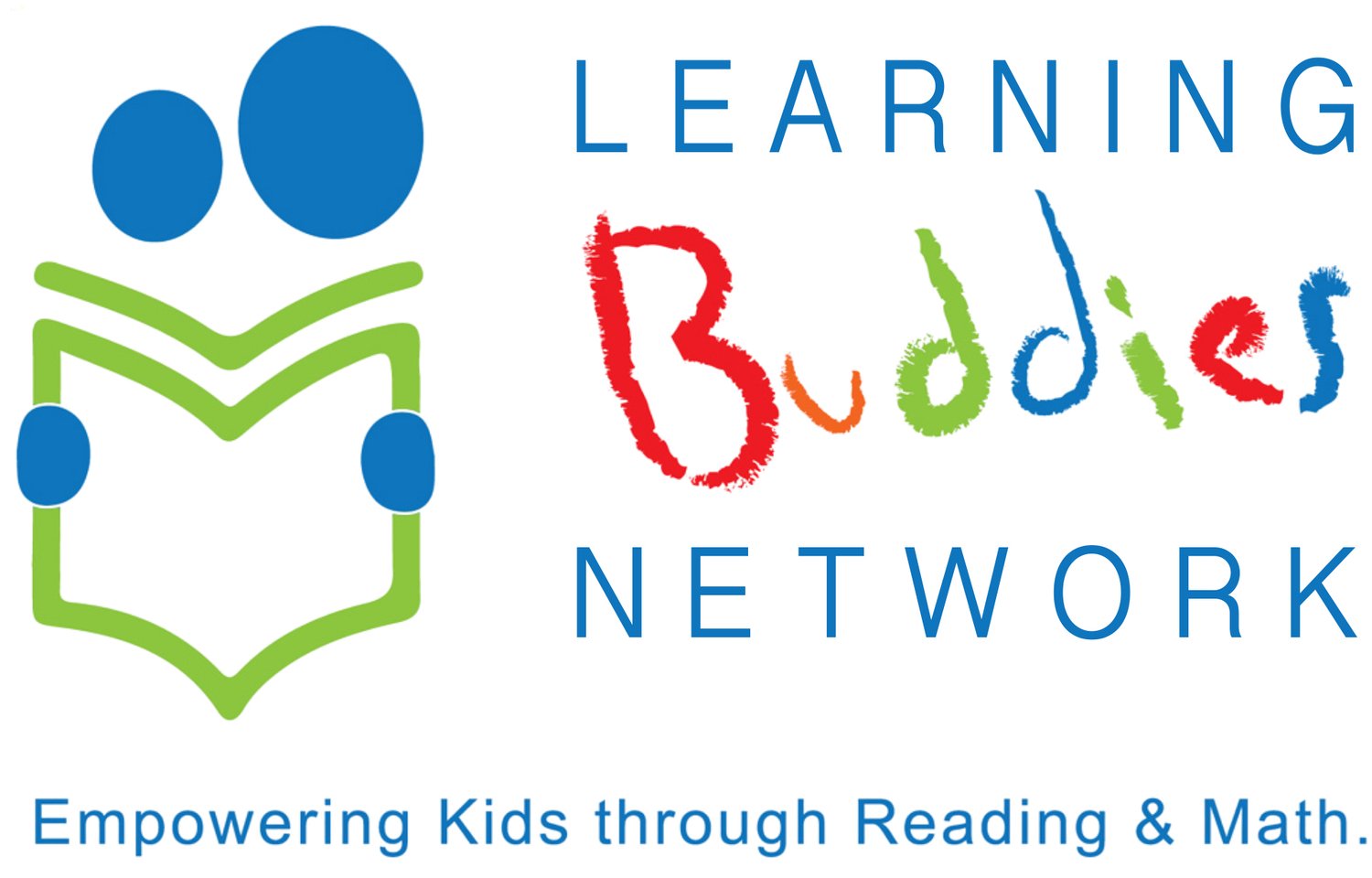New Year, New You: Setting Goals for 2024
Source: Unsplash (@ronnieovergoor)
Setting goals in education is crucial for success. It is important to set clear and achievable targets that keep you focused and motivated. These goals should be specific and measurable, helping you track progress and adjust plans as needed. I personally like to use the SMART (specific, measurable, attainable, relevant, time-bound) goals to act as a roadmap and guide my academic journey towards my desired outcomes!
1. Specific
Purdue Global states that it's essential to have well-defined, precise objectives rather than ambiguous ones. Specify what you aim to achieve, set a timeframe for completion, and outline the necessary actions to reach your goal. For example, rather than aiming for a general "improvement in grades," a more specific goal would be "receiving an A- in Biology by the end of the semester.” Furthermore, with clear goals, you can prioritize tasks and focus on activities that directly contribute to achieving those goals. This leads to increased efficiency and productivity as your efforts are aligned with your objectives!
2. Measurable
Goals must be measurable for progress tracking. Employing quantifiable standards enables individuals to monitor their advancements. For example, establishing a goal to "learn 10 new words per month for Mandarin class" is more measurable than a vague aim of "enhancing vocabulary." By measuring goals, you can evaluate whether your current strategies and actions are effective. If you're falling short of your targets, measurement helps identify areas that require improvement or adjustments in your approach.
3. Attainable and relevant
Goals must be feasible and within reach. While aspiring for high objectives is commendable, setting unrealistic goals may result in frustration and can demotivate individuals or teams when they seem unattainable. Feasible goals, on the other hand, maintain motivation as they are challenging, yet achievable. This encourages commitment and sustained effort toward reaching the objectives. Goals should present a challenge without causing overwhelming pressure. Furthermore, your goals should be relevant to your desired outcome. For example, maintaining a high GPA will be important if you wish to pursue medical school. Whereas mastering public speaking is important if you want to go into business.
4. Time-bound
According to the University of Minnesota, establishing deadlines or specific timeframes for goal achievement instills a sense of urgency and aids in task prioritization. Additionally, it enables regular assessment and potential adjustment of strategies if necessary. For instance, rather than saving all your homework till near the end of its deadline, you should aim to finish it three days prior. By doing this, if any issues arise, you still have a couple of days to rectify the situation. In essence, time constraints play a vital role in goal-setting by providing structure and ensuring accountability. They create a sense of urgency that drives action and helps in achieving goals effectively.
Setting and actively pursuing academic goals boosts focus, motivation, and organization in education. It instills responsibility, builds resilience, and charts a structured path to success in academia. In the comment section below, tell me how you will incorporate some of the strategies mentioned above! Feel free to also comment on other cool new years resolutions you have!

